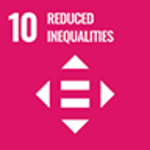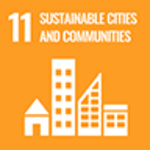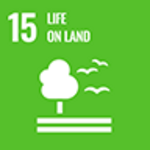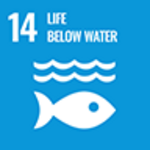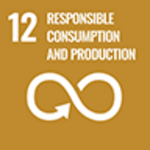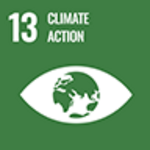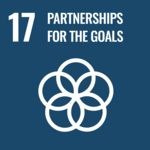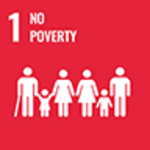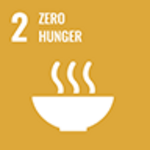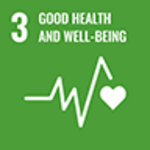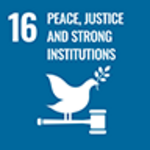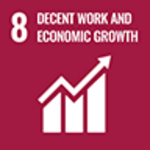
Faculty of Humanities and Human Sciences is a research organization with approximately 90 faculty members and consists of two departments: humanities and human sciences. The research fields of researchers belonging to Faculty of Humanities and Human Sciences are wide and diverse, and they also include philosophical and bird's-eye thinking that forms the basis of various academic disciplines. For this reason, research and education that come into contact with the fundamental issues related to the SDGs are being developed in a multifaceted manner.
Research on gender and sexuality (Center for Applied Ethics and Applied Philosophy Research and Education) is exactly related to gender equality, and it also addresses various inequalities. Activities related to regional development in rural areas, initiatives related to communities and natural resources, and research and initiatives related to alien species (both conducted by the Regional Science Laboratory) are related to urban development and the richness of land and sea. Efforts related to document preservation (both by the Japanese History Laboratory) are deeply related to inequality, peace, and community development in countries and regions. Research on marine productivity in Hokkaido (Archeology Laboratory) is helping to eliminate hunger and poverty by protecting the abundance of the sea, leading to health and welfare. In addition, archiving of Ainu and indigenous languages (Language Science Laboratory) covers minority languages and endangered languages, and is involved in eliminating inequalities. Environmental issues such as plastic resource recycling, marine litter problems, and the Sapporo Environmental Basic Plan are involved in various contributions from environmental issues. There are many issues involved in the realization of


















